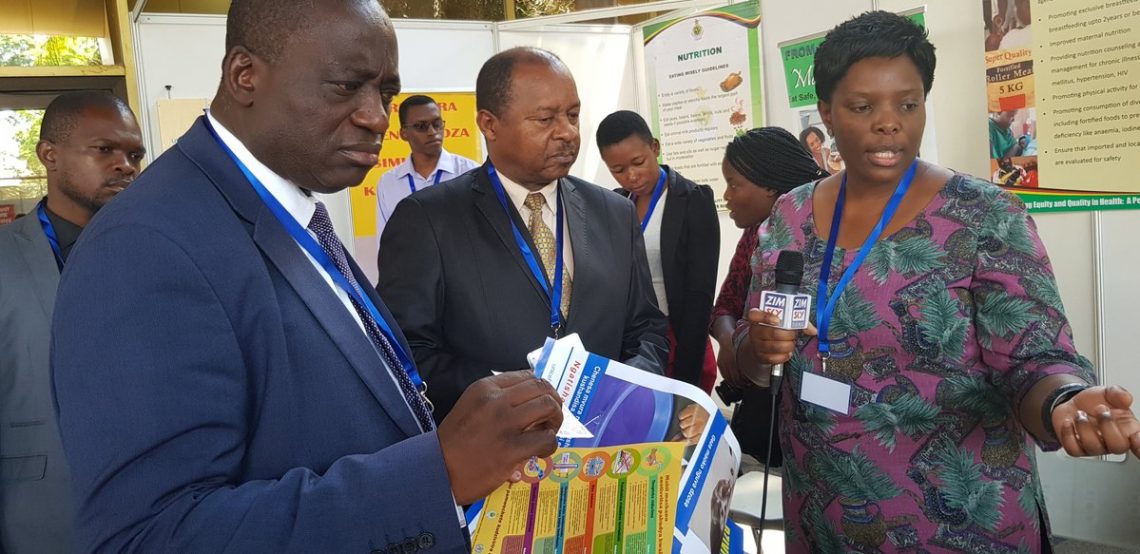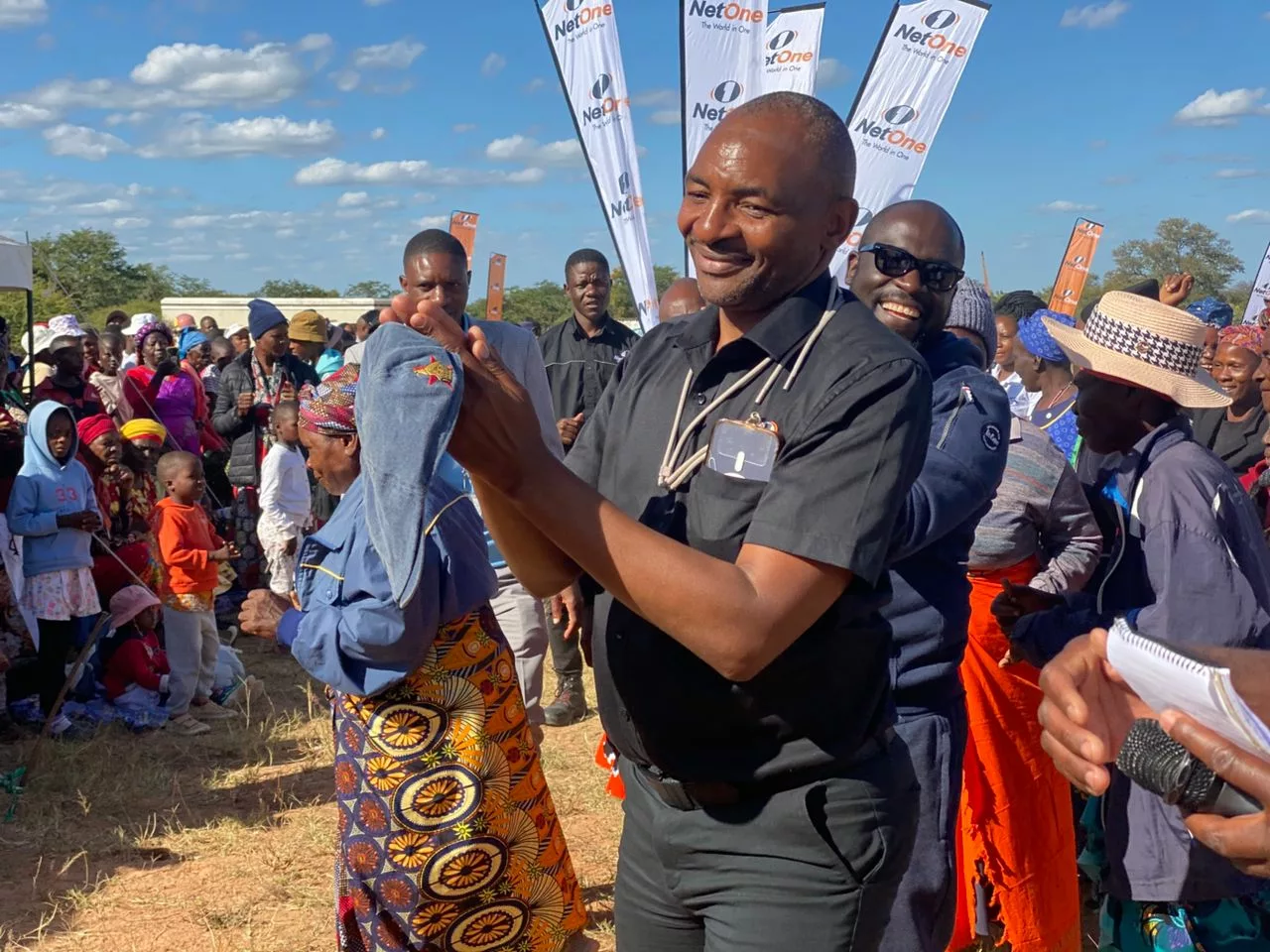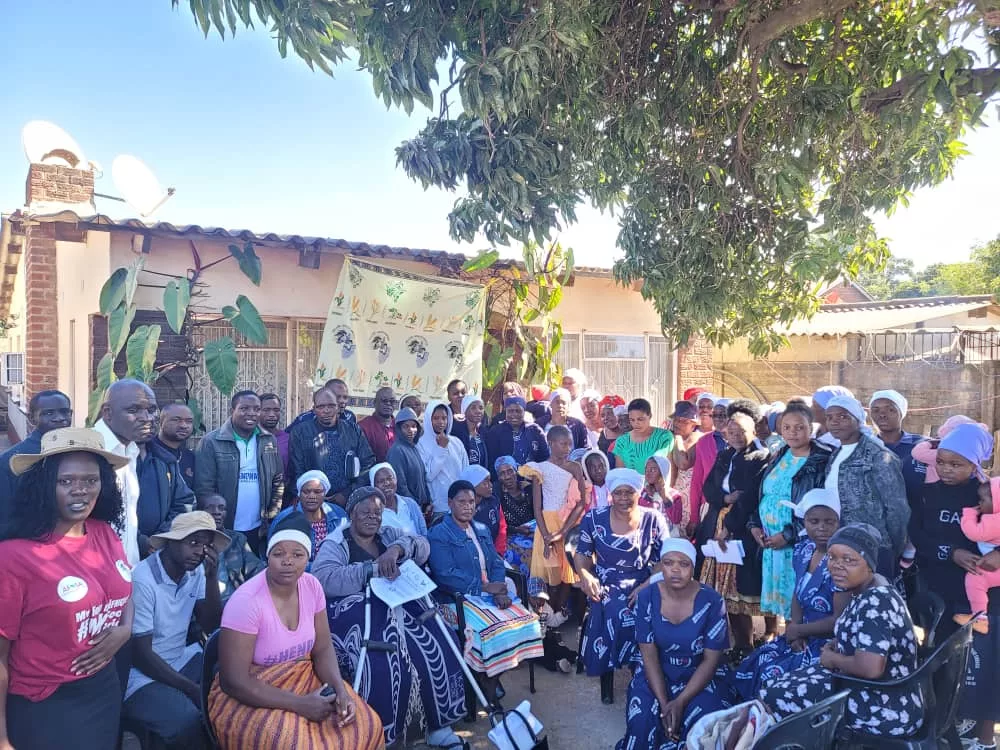Health and Child Care Minister Obadiah Moyo has said he would prefer not to gazette fees for health services with no foreign currency component but might have to do so, as Government cannot continue watching people suffering and dying.
In a speech read on his behalf by United Bulawayo Hospitals chief executive Nonhlanhla Ndlovu at the Association of Healthcare Funders of Zimbabwe (AHFoZ) All Stakeholders Conference on Health in Bulawayo on Thursday, he said his office would soon call for a Joint Advisory Council meeting to discuss the issue of people on medical aid being unable to afford private healthcare services.
He said the practice of demanding United States dollars from patients or fixing the charge in United States dollars and then converting this to Zimbabwe dollars was unfair to the patient, given that most people are earning the same in Zimbabwe dollars as they were when an RTGS dollar and a US dollar were at par.
“There is need to urgently find sustainable solutions to alleviate patient suffering and unnecessary loss of lives. It is not right that those who have been responsible enough to insure their health still cannot access healthcare services due to the exchange rate mismatch phenomenon,” the Minister said.
He said he hoped that from the JAC meetings agreed workable solutions would emerge and that he would not have to use his powers under the Medical Services Act to gazette fees in the event of there being no agreed tariff.
“I would prefer not to resort to gazetting fees. However, Government cannot continue watching people suffering and dying. We may soon have to consider the gazetting of fees for service provider groups with no foreign currency component. Regarding providers who require foreign currency for their operations, we need to discuss this issue and map out solutions,” Dr Moyo said.
Earlier AHFoZ chief executive Shylet Sanyanga had expressed her concern about the effect of high health service charges on people’s health.
“After collecting contributions, funders are under an obligation to ensure that their members have access to healthcare services when the need arises. The situation whereby patients fail to obtain required healthcare services and at times have to resort purely to spiritual help or resign themselves to fate is just not right,” she said.
She said most healthcare service providers were benchmarking their fees in US dollars, then using the prevailing exchange rate to come up with their charges. The difference between these charges and medical aid tariffs was leaving medical aid society members with huge shortfalls that were unaffordable, as salaries were predominantly in local currency and most were not going up.
She urged the government to address issues underlying the exchange rate mismatch that was causing huge shortfalls.
“If patients do access a consultation, they cannot afford to buy the medicines or to pay for the investigations which are necessary for the management of their condition. Some people on chronic medication are being forced to default on taking their medicine, resulting in complications, with some dying. A number of the deaths could be avoided. This is reversing the gains achieved in health,” she said.
“Shortfalls could be eradicated if medical aid societies could pay in full. This would mean successfully and consistently chasing the exchange rate. This is not possible, since contributions to medical aid societies cannot be increased in line with the exchange rate and contributions are collected once a month, whilst the rate changes daily,” she said.
Based on a 79 percent response rate, AHFoZ societies had recorded 1 548 deaths ascribed to shortage of foreign currency for the period October 2018 to April 2019, she said.
She said AHFoZ was confident its members would, as in the past, come up with innovative responses to the prevailing situation in order to continue giving value to their members.
She appealed to all players in the health sector to employ measures that might help cut costs. She said one suggestion was for service providers to go into group practice as opposed to opening numerous individual units.
“The group practice model would be more cost effective and convenient for patients. It is time we grew out of the selfish sole trader mode. Even for funders, there is need to collaborate and put up big facilities with state-of-the-art equipment so that they service all patients in need as opposed to duplicating facilities which probably do not have the entire referral facilities in place. Invariably patients seen at sole trader units end up walking all over town for other support services,” she said.






